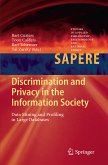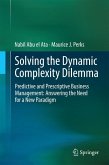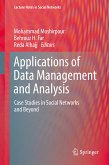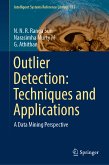Profiling technologies seem to be one of the most promising technological means to create order in the chaos of proliferating data. In this volume a multifocal view will be developed to focus upon what profiling is, where it is applied and what may be the impact on democracy and rule of law. Based on the work done within the European Network of Excellence (NoE) on the Future of Identity in Information Society (FIDIS), a setof authors from different disciplinary backgrounds and jurisdictions share their understanding of profiling as a technology that may be preconditional for the future of our information society.
Dieser Download kann aus rechtlichen Gründen nur mit Rechnungsadresse in A, B, BG, CY, CZ, D, DK, EW, E, FIN, F, GR, HR, H, IRL, I, LT, L, LR, M, NL, PL, P, R, S, SLO, SK ausgeliefert werden.









